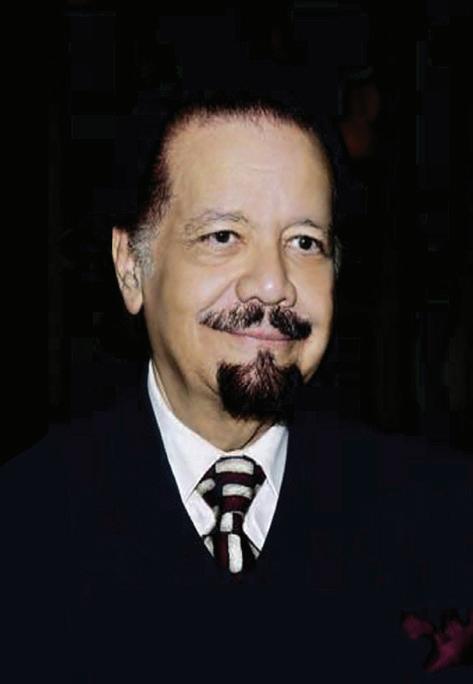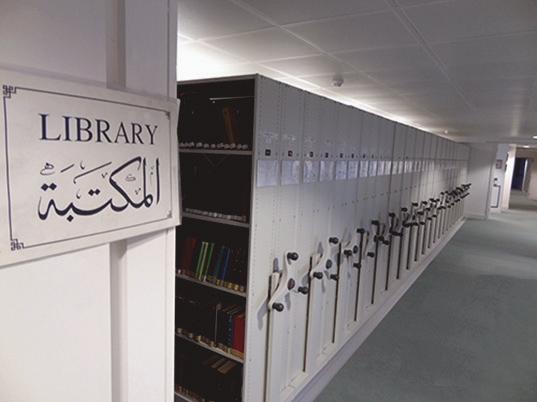Newsletter No. 19
Winter 2020
Al-FurqĀn Library Introduction
Since then, the Library holdings have steadily grown, and are now displayed in rolling stack shelves, as well as in the Reading Room and Library at the Kensington premises, which have been the home of Al-Furqān’s Headquarters since 2009.
Al-Furqān’s Main Library in London celebrated its 30th birthday this year, having been established in July 1990, and officially inaugurated on 30 November 1991.
The rolling stacks provide easy open access to the library material, which can be consulted in the spacious Reading Room.
Al-Furqān’s London Library is a reference library which contains an in-depth collection of material on the Islamic written heritage. The main aim of the Library is to support academic research in the field of the Islamic written heritage, as well as to provide tools and reference works for academics and students interested, in particular, in the fields of Islamic manuscript studies.
Library Collections 1. Catalogue Collection Islamic civilisation has produced a vast number of written works, and this is reflected in the Library’s collection. There are believed to be three million Islamic manuscripts in existence worldwide, which have come down to us throughout the fourteen centuries of Islamic history.
To this end, the Library has so far collected over 11,000 titles, in more than 16,000 volumes, on a number of subjects. The Library holds material in all the major Islamic languages, including Arabic, Persian, Turkish, Urdu, Swahili and Gujarati, as well as many European languages, including Russian.
It is the Library’s aim to provide access to this rich heritage, by providing a place from which to access all printed catalogues of Islamic manuscripts from libraries around the world.
History
To this end, the Library’s collections include almost 1,800 Islamic manuscript catalogues in around 2,500 volumes, from over seventy countries.
Al-Furqān’s Library in London started from small beginnings. With the establishment of Al-Furqān, initially in Wimbledon - London, the Library was set up in July 1990.
2. Special Collections Apart from the Catalogue Collection, the Library holds further special collections, as following:
Its holdings quickly grew from scratch, under the expert leadership of Dr Aliya Haji; and by the time of its inauguration – in November 1991 – there was a sizeable library, displayed on open shelves on two floors, with a collection of catalogues of manuscripts, reference works on codicology, palaeography, as well as special dictionaries and encyclopaedias, a journals collection, and a main collection featuring primary and secondary sources on the major Islamic classical works.
The Reading Room houses a number of the special collections; these include: - a Reference Collection, with encyclopaedias, dictionaries and other reference works, arranged by subject, such as: religion, history, literature, languages and sciences; - a Collection of Qurʾān copies and translations in various languages, as well as facsimile copies of Qurʾān manuscripts;
In the early days, a Card Catalogue was used to record all new acquisitions, but soon, this was replaced by a custom-made Database, which could record data in European as well as Arabic script – a big achievement at the time.
- a Collection on Islamic Art and Architecture; and - Atlases.
15
WWW.AL-FURQAN.COM










